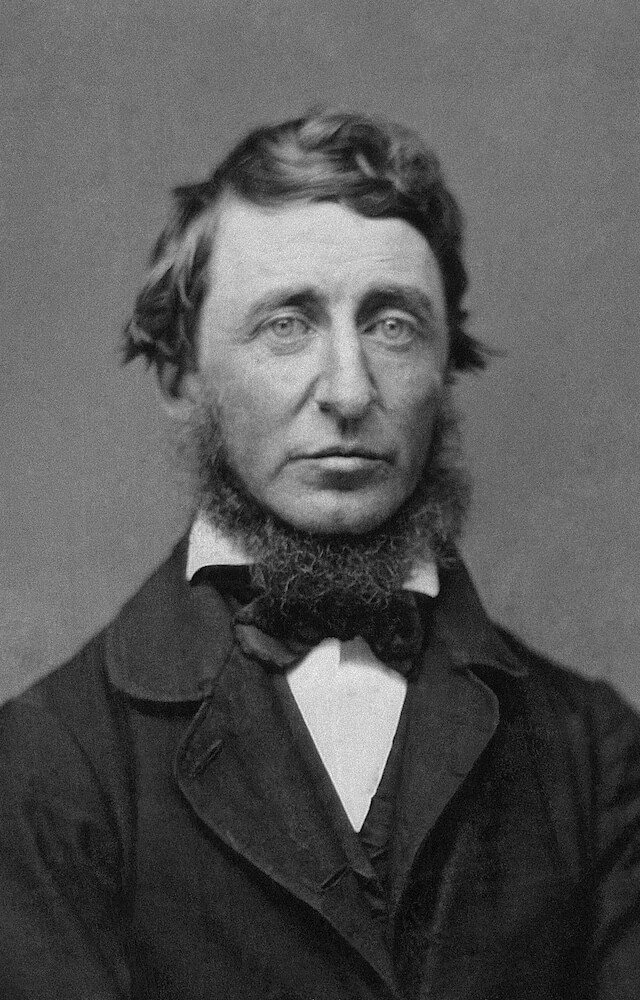Walking and Other Excursions

IN THE SPIRIT OF UNDYING ADVENTURE!
Though he is perhaps best known for Walden: Life in the Woods and his essay “Civil Disobedience,” Thoreau was an early advocate of recreational hiking, canoeing, and conserving natural resources. A passionate nature writer, he penned many articles that shared these philosophies and perspectives.
This carefully restored re-creation of the 1863 essay collection Excursions features the nine original essays that were published posthumously:
“Natural History of Massachusetts”
“A Walk to Wachusett”
“The Landlord”
“A Winter Walk”
“The Succession of Forest Trees”
“Walking”
“Autumnal Tints”
“Wild Apples”
“Night and Moonlight”
This revised special edition also includes the original detailed biographical sketch of Thoreau by fellow transcendentalist and friend Ralph Waldo Emerson. Featuring a brand-new foreword by J.F. Penn, best-selling author of PILGRIMAGE: Lessons Learned from Walking Three Ancient Ways, and a fresh introduction from editor Mark Leslie.
______
"In these ever more fast-moving times, as the constant noise of media in every form buffets us, and bad news from across the world shakes our sense of well-being daily, we can find truth in Thoreau’s words that 'in society you will not find health, but in nature.'" - J.F. Penn

